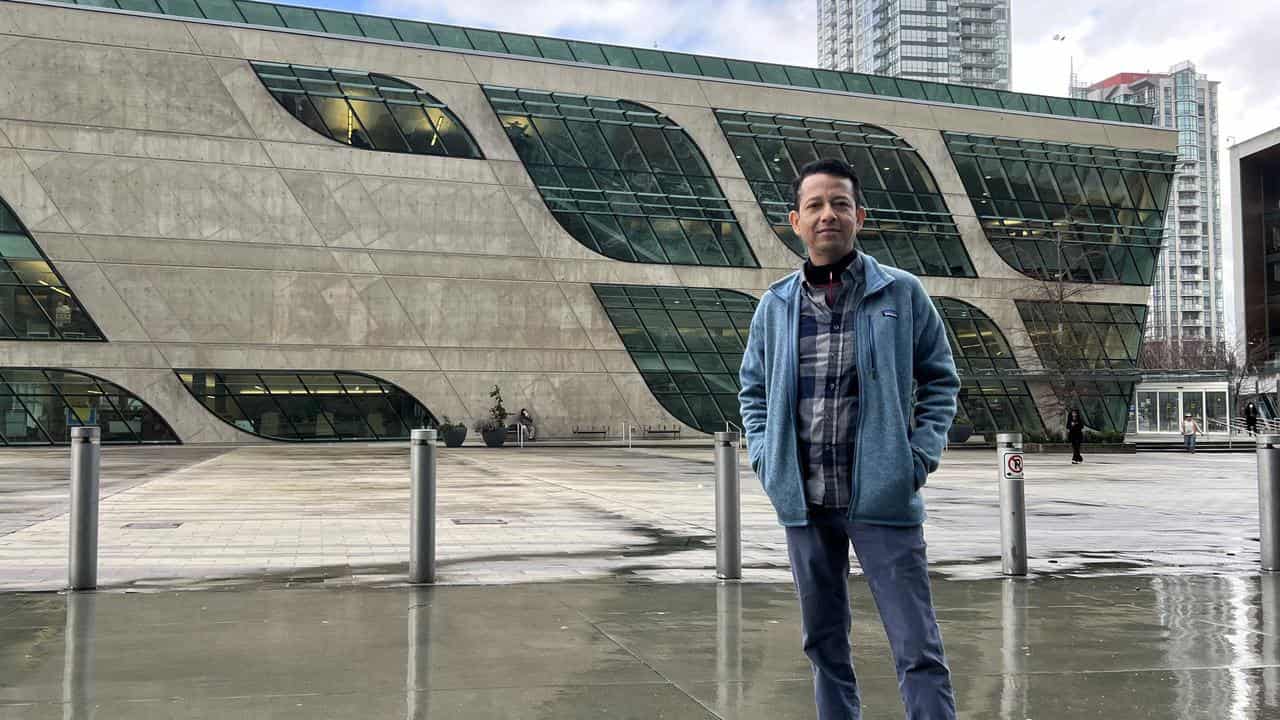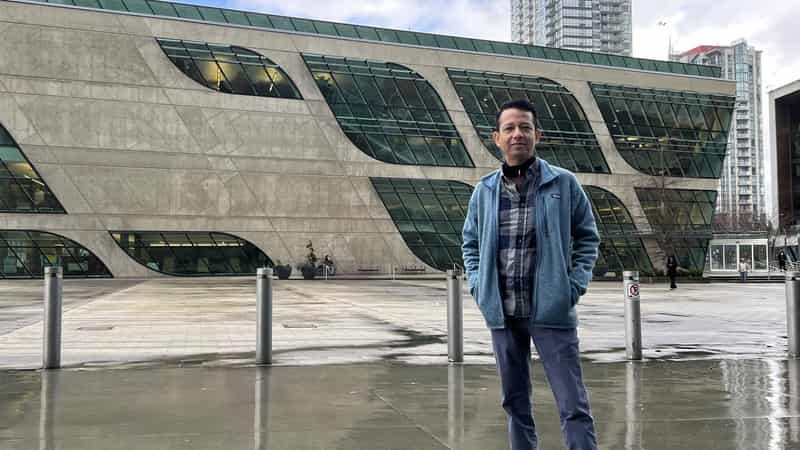
After years living in a mice-infested tent, Myo is savouring the comfort of his new home in Vancouver.
The Rohingya refugee, who did not want his surname published over fears for his family's safety, was sent to Nauru in 2013 after arriving in Australia by boat.
He reflected on Wednesday's 10-year anniversary of offshore immigration detention.
"I can't forget those years," Myo told AAP.
"People were crying and self-harming, the heat, the long queues for a five-minute telephone call where we had to wait for 24 hours."
The 47-year-old also recalled how showers were hard to come by.
When they were available, detainees were only given a couple of minutes to clean themselves.
Myo fled Myanmar because of the military junta's repression and genocide of the Muslim minority to which he belongs.
He was then subject to Kevin Rudd's policy of sending all asylum seekers to offshore detention and not allowing them to settle in Australia.
"We have a saying - you flee the tiger and then you meet a worse fate," Myo said.
"The military would kill people at point blank range with one bullet.
"In Nauru, many people would ask immigration and border force officers to also kill us at once so we're not kept in the detention centre."
More than 3000 people have been detained in Nauru and Papua New Guinea over the last decade.
Myo was released from detention after two years and allowed to live in the community in Nauru.
He was eventually granted a visa to live in Australia but thought his future and family reunion prospects seemed bleak, so applied for a Canadian refugee program.
Myo said he felt true freedom stepping off the tarmac in Toronto.
"The difference between Australia and Canada is that you are imprisoned in Australia, and now you're free in Canada," he said.
"They (the Australian government) took our freedom, made us sick, punished us every single minute and separated us from our families."
While in Canada, Myo has used his experience as an application writer to help medically evacuate refugees and asylum seekers from Nauru.
He has turned that advocacy into a career as a case worker with refugee rights organisation Mosaic.
Refugee Council of Australia chief executive Paul Power recently met with some of the dozens of refugees Mosaic has helped resettle.
"People are recovering and trying to put the last 10 years of their lives behind them but many are still concerned about their friends who are in limbo," he said.
"Offshore detention has done a lot of harm to the individuals affected by the policy because people feel they've been singled out and made an example of."
The Canadian government has opened a pathway to permanent residency for Myo's family who are still in Myanmar.
"I didn't know if it would ever happen and now that it's happening, I am so happy," he said.
Lifeline 13 11 14
beyondblue 1300 22 4636









